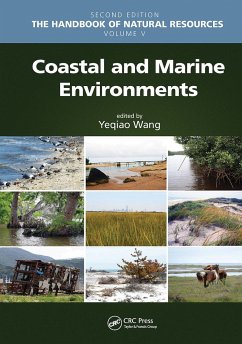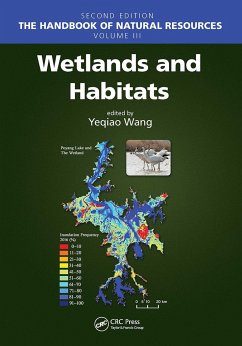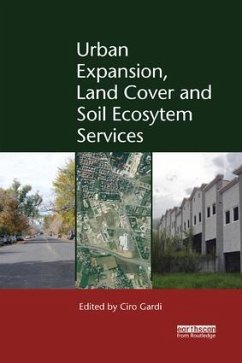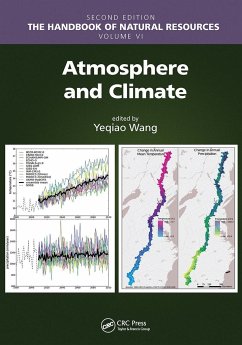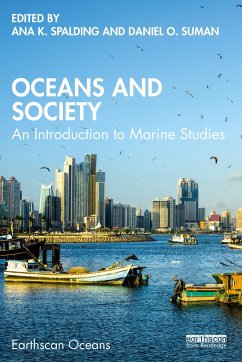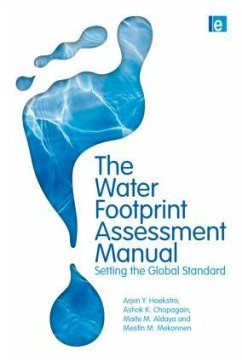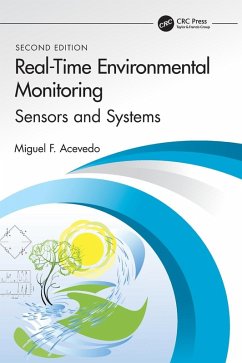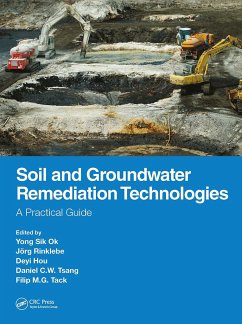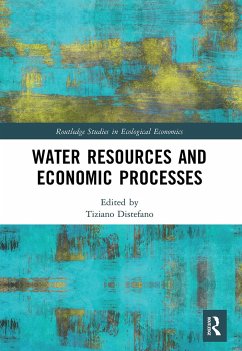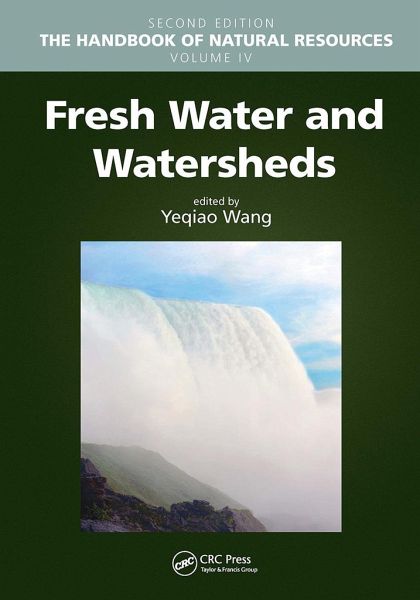
Fresh Water and Watersheds
Versandkostenfrei!
Versandfertig in 6-10 Tagen
50,99 €
inkl. MwSt.

PAYBACK Punkte
25 °P sammeln!
Authored by world-class scientists and scholars, The Handbook of Natural Resources, Second Edition, is an excellent reference for understanding the consequences of changing natural resources to the degradation of ecological integrity and the sustainability of life. Based on the content of the bestselling and CHOICE-awarded Encyclopedia of Natural Resources, this new edition demonstrates the major challenges that the society is facing for the sustainability of all well-being on the planet Earth. The experience, evidence, methods, and models used in studying natural resources are presented in si...
Authored by world-class scientists and scholars, The Handbook of Natural Resources, Second Edition, is an excellent reference for understanding the consequences of changing natural resources to the degradation of ecological integrity and the sustainability of life. Based on the content of the bestselling and CHOICE-awarded Encyclopedia of Natural Resources, this new edition demonstrates the major challenges that the society is facing for the sustainability of all well-being on the planet Earth. The experience, evidence, methods, and models used in studying natural resources are presented in six stand-alone volumes, arranged along the main systems of land, water, and air. It reviews state-of-the-art knowledge, highlights advances made in different areas, and provides guidance for the appropriate use of remote sensing and geospatial data with field-based measurements in the study of natural resources.
Volume 4, Fresh Water and Watersheds, covers fresh water and watersheds, their health and conservation, protection, and management. Organized for ease of reference, it provides fundamental information on groundwater storage, water quality, supply and balance, and water resource vulnerability. New in this edition are discussions on water footprint assessment, water surface dynamics, and water management on a global scale. Understanding the conditions of watersheds is crucial for restoring areas with degraded water quality as well as protecting healthy waters from emerging problems. This volume demonstrates the key processes, methods, and models used through several practical case studies from around the world.
Written in an easy-to-reference manner, The Handbook of Natural Resources, Second Edition, as individual volumes or as a complete set, is an essential reading for anyone looking for a deeper understanding of the science and management of natural resources. Public and private libraries, educational and research institutions, scientists, scholars, and resource managers will benefit enormously from this set. Individual volumes and chapters can also be used in a wide variety of both graduate and undergraduate courses in environmental science and natural science at different levels and disciplines, such as biology, geography, earth system science, and ecology.
Volume 4, Fresh Water and Watersheds, covers fresh water and watersheds, their health and conservation, protection, and management. Organized for ease of reference, it provides fundamental information on groundwater storage, water quality, supply and balance, and water resource vulnerability. New in this edition are discussions on water footprint assessment, water surface dynamics, and water management on a global scale. Understanding the conditions of watersheds is crucial for restoring areas with degraded water quality as well as protecting healthy waters from emerging problems. This volume demonstrates the key processes, methods, and models used through several practical case studies from around the world.
Written in an easy-to-reference manner, The Handbook of Natural Resources, Second Edition, as individual volumes or as a complete set, is an essential reading for anyone looking for a deeper understanding of the science and management of natural resources. Public and private libraries, educational and research institutions, scientists, scholars, and resource managers will benefit enormously from this set. Individual volumes and chapters can also be used in a wide variety of both graduate and undergraduate courses in environmental science and natural science at different levels and disciplines, such as biology, geography, earth system science, and ecology.





